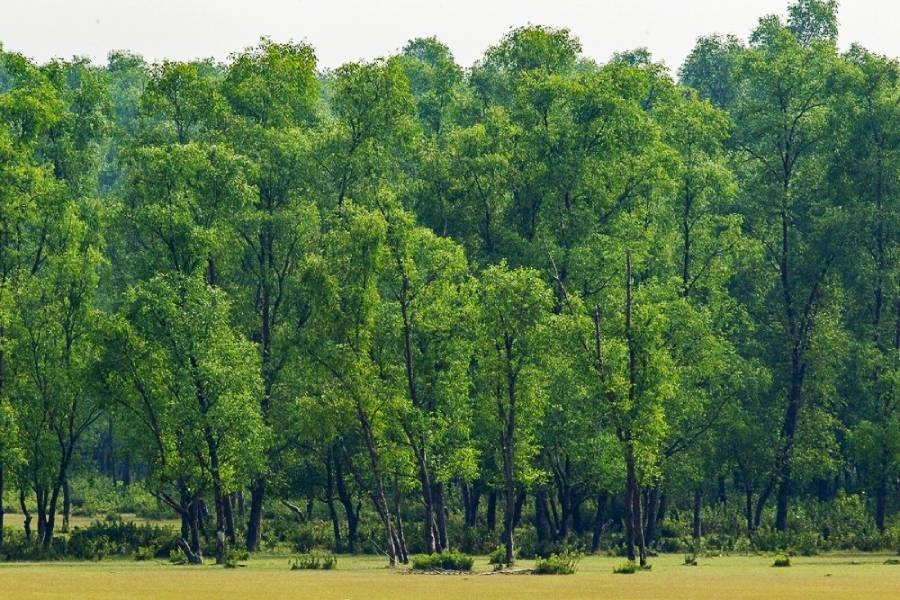The Bangladesh Forest Department (BFD) is changing the livelihood of the people, living in the forest-adjacent areas, by helping them explore new economic opportunities, like - retail stores, fisheries and other such micro enterprises.
This is being done through a project named Sustainable Forest and Livelihood (SUFAL) under the BFD, which owns nearly 11 per cent of the country's total land area. The main objective of the initiative is to protect forests and the environment.
The project area includes all the BFD-owned forests, excepting Chittagong Hill Tract (CHT) and the Sundarbans. The World Bank (WB) is providing fund worth US$ 175 million for the project that will expire in 2023.
It is guesstimated that around 2.0 million people live in and around the vicinity of the country's forests. These people entirely depend on the forests for their livelihood. They cut down or steal trees for money.
Besides, there are livestock rearing and agriculture expansion in the forest areas, which hurt afforestation.
Such activities across the globe have resulted in the rise of temperature in recent decades, affecting both human beings and the environment.

Bangladesh now has nearly 23 per cent forests and trees (overall), below the standard benchmark of 25 per cent.
People familiar with the project opined that it is one of the biggest attempts for restoration of forests in the country. The project would also create attractive alternative professions for the people, who have been depending on forests for years.
"Actually, we want to diversify professions of the people, dependent on forests, through forming village institutions, which disburse funds for exploring alternative economic activities and monitor those," said Abdul Mabud, a senior collaborative forest management specialist.
"We firmly believe that this changing of livelihood will strengthen their lifestyle," he noted, while talking to the FE correspondent at the Forest Department in the city.
Mr. Mabud also said they build village institutions that give importance to the extreme poor, women and ethnic minorities while selecting beneficiary groups.
The institutions are provided Tk 42,000 each from the project. Initially they give financial support to 40,000 poor people to establish small enterprises. This fund worth Tk 1.68 billion will be a revolving one.
Mr. Mabud opined that if the people, living adjacent to the forest areas, get alternative income sources, they would protect the forests.
The BFD has another innovative and successful project, called social afforestation. It was introduced in the early 1980s, involving rural people with forestry.
Its mechanism is that the village people, who take care of the trees - planted beside roads and on other lands, would get a share while the trees become mature enough to cut.
The social afforestation programme has so far attracted nearly 200,000 people. The BFD has disbursed Tk 3.83 billion to the people concerned.
However, the BFD officials said the new project on changing livelihood has much more importance than the social afforestation programme, considering global temperature rise, protecting bio-diversity, and creating a positive ecological impact.
Social afforestation is how to gain economically by planting trees and managing those. But the new project is beyond the economic benefits for people and nature, they added.
"The new project has a huge impact on people and the environment, both in terms of tangible and intangible assets," Abraham Hossain, deputy project director of SUFAL, told the FE recently.
He said the mindset of the people, who live near the forest areas, would be gradually changed, as their existing tendency is to abuse and destroy the forest.
"We do hope that in the near future the people will take care of the forests instead of deforestation," he commented.
Ishtiaq Uddin Ahmed, former chief forest conservator, told the FE that the project is for the restoration of forests that have been decaying for years.
"We will have forests with indigenous tree species. Wildlife will be enhanced through the project," added Mr. Ishtiaq, also a former country representative of the Geneva-based IUCN.


